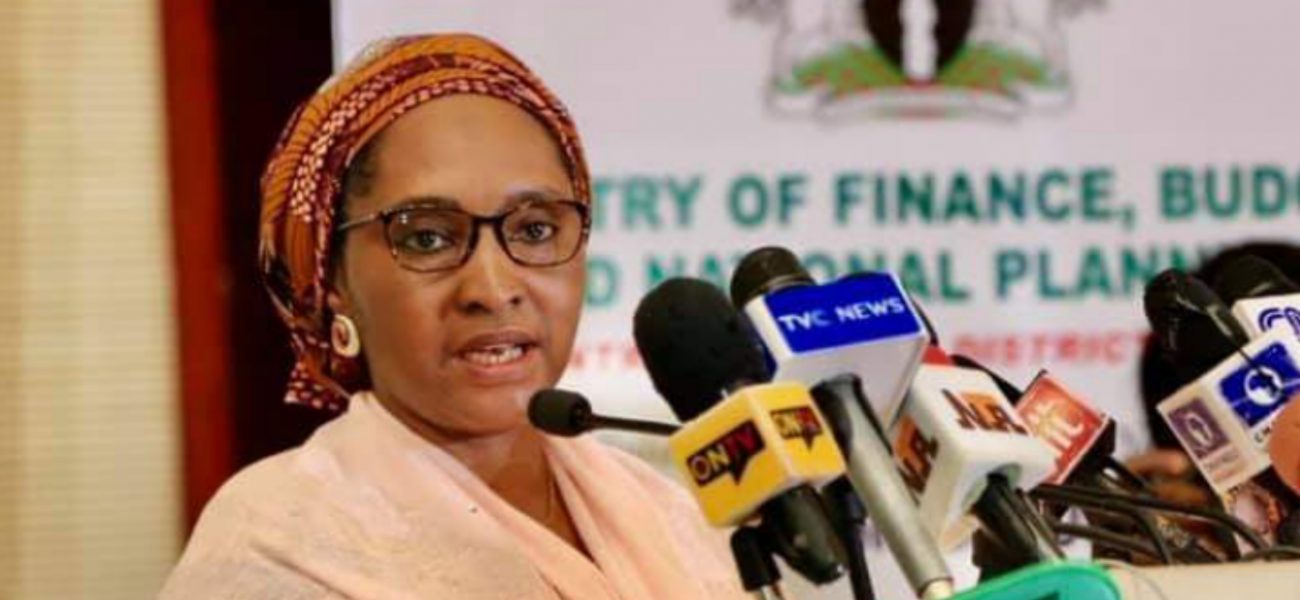The Federal Government’s Medium Term Expenditure Framework and Fiscal Strategy Paper (MTEF/FSP) paints a gloomy economic outlook for Nigeria. Minister of Finance, Budget and National Planning, Zainab Ahmed appeared before the House of Representatives Committee on Finance on Monday, 28th August 2022 to speak on the 2023-2025 MTEF/FSP. According to the Minister, the projection for the 2023 national budget is an aggregate expenditure of N19.76 trillion, a 15.4% increase from the 2021 budget sum. The budget projection also puts crude oil price at $70 per barrel with production rate of 1.69 million barrels per day and an exchange rate of N435.57 to $1. The government also projects a Gross Domestic Product (GDP) growth rate of 3.7% with inflation put at 17.16%.
Unbundling the budget however, it is shown that a deficit of N11.3 trillion is expected with government projecting to borrow this sum to fund the budget. The budget deficit surpasses the deficit threshold stipulated by the Fiscal Responsibility Act 2007 (three per cent of the GDP) and would require the approval of the National Assembly. Revenue for the year is put at N8.46 trillion, with government projecting to spend a scandalous N3.36 trillion as petrol subsidy in the first half of 2023. The government’s management of the oil sector in spite of the so-called unbundling and privatisation of the Nigerian National Petroleum Company (NNPC) Limited has been very questionable.
Out of the projected revenue of N8.46 trillion, N1.9 trillion is expected to come from oil-related sources and the rest from non-oil sources. The sum of N9.32 trillion out of the N11.30 trillion deficit is expected to be financed through new borrowings comprising N7.4 trillion from domestic sources and N1.8 trillion from foreign sources. The sum of N206.1 billion is expected to be generated as privatisation proceeds from the sale of government assets and N1.7 trillion from multilateral project-tied loans.
The Minister noted that the 2023 budget may not make provision for treasury funded capital projects as a result of the magnitude of the country’s debts. She also decried the challenges in oil production, which have adversely affected revenue generation. According to her, the sum of $3.2 billion spent on pipeline security to address the incidence of vandalism is not yielding the expected result as evidenced by the decline in oil production.
The Minister noted that although Nigeria had overshot its current budgetary allocation for debt servicing, measures are in place to mitigate the situation. However, citizens are worried about the trend of Nigeria’s debt servicing, in which more monies are borrowed to pay off existing debts.
Also, the absence of concrete measures to improve revenue generation, beyond tax administration and collection raises concern about how the country will recover. The challenges in crude oil production and rising cost of petrol subsidy continue to pose threats to revenue generation and utilisation, respectively.

